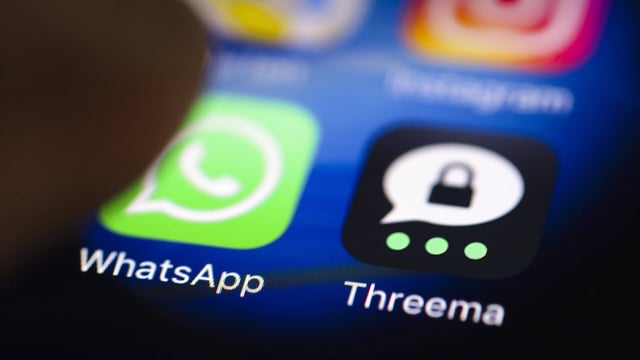Overview
- Signal says it would quit the European market rather than weaken end-to-end encryption, while WhatsApp and Threema publicly oppose the proposal.
- Under the plan, providers would scan messages, photos and videos on users’ devices before encryption to detect child sexual abuse material.
- The EU Council’s Legal Service has warned the draft is potentially unlawful, adding legal jeopardy to a politically fraught measure.
- Civil-society groups including the Chaos Computer Club, D64, Amnesty and press-freedom advocates argue the scheme threatens privacy, journalism and overall cybersecurity.
- Critics say the mandated detection tools are error‑prone, would flood authorities with false positives, and could be expanded to scrutinize other content beyond the stated child-protection goal.



